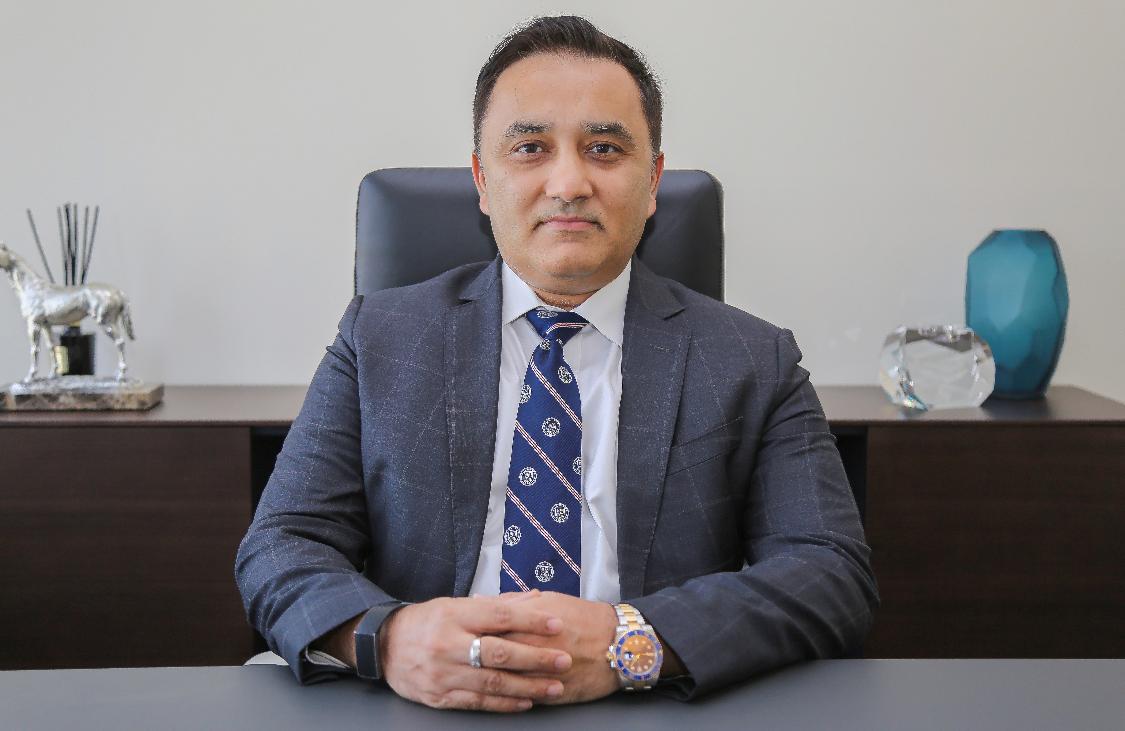Omnia Tarek

Innovation & Expansion - Key for Healthcare Sector
- Dubai, United Arab Emirates - Sunday, 20. June 2021
- AETOSWire
The Covid-19 pandemic has had damaging effects on almost all aspects of life and business, not excluding that of healthcare. Moving forward, firms will need to consider consolidation as the key to pull through the current climate to manage potentially lingering effects of the current economic crisis, and as a way to solidify operations in a dynamic business environment.
In the view of Arab Healthcare 2021, CEO of Forte Healthcare, Karan Rekhi, states that “post-pandemic, business operators in healthcare have been put to the test. Operations should look towards consolidation to reflect the changing landscape of the field, and be more inclusive of digital health.”
In the new era of healthcare, the preventive healthcare market with enhanced testing, vaccination, screening, isolation facilities, field hospital, telemedicine, enhanced ICU, and app-based real-time monitoring of patients is now at the forefront. The technology-based monitoring of medical and travel history has become a new normal in major events and conferences to ensure the safety of all attendees.
When it comes to a healthcare system, the goal of consolidation is to improve the quality of care, healthcare infrastructure, R&D, lowering costs, and engaging in specialities to reflect what is currently required by clients. Lower pharmaceuticals and mid- market clinics will lead to affordable healthcare driven by quality.
“Consolidation often occurs so that a business can become a leader within an industry. When a company consolidates, it reduces the number of competitors and enlarges its client base. However, with the pandemic still raging with full force, revenue, efficiency, and cost reduction are the key motivators for consolidation. The act benefits both the patient as well as the healthcare system, as consolidating would allow big healthcare groups to take on niche and novel markets and diversify for the future, trending towards specialisations and opting for enhancements in tangible products and patient experience vital to current circumstances.” added Rekhi.
Soon, app-based digital unified health records will be mandatory in the tourism industry, in which travellers' e-records will be monitored for safe travel. The physical well-being of all communities has become a priority of the government which has triggered major investments in healthcare, which in turn increases a focus on preventative healthcare.
Forte Healthcare is a leading healthcare consultancy agency based in the UAE, offering services such as strategic business consultancy, resource planning, operations management, and healthcare investment to name a few. The agency prioritises the wellbeing and health of the people and communities they serve over the firm’s benefit, in order to achieve excellence in healthcare throughout the world. The firm places a special emphasis on the GCC, Africa, Europe, the UK, South East Asia, and the MENA region.
As there has been growth seen in direct and allied healthcare business, markets are set for major unification across potential insurance providers, hospital and clinic operators, and pharmaceutical companies to expand their market share and focus on innovation and expansion.
The GCC and Middle East are on the global map for handling the pandemic efficiently with strong healthcare regulations and management. International players across borders have seen huge potential in the GCC market as its established and well-regulated healthcare market.
